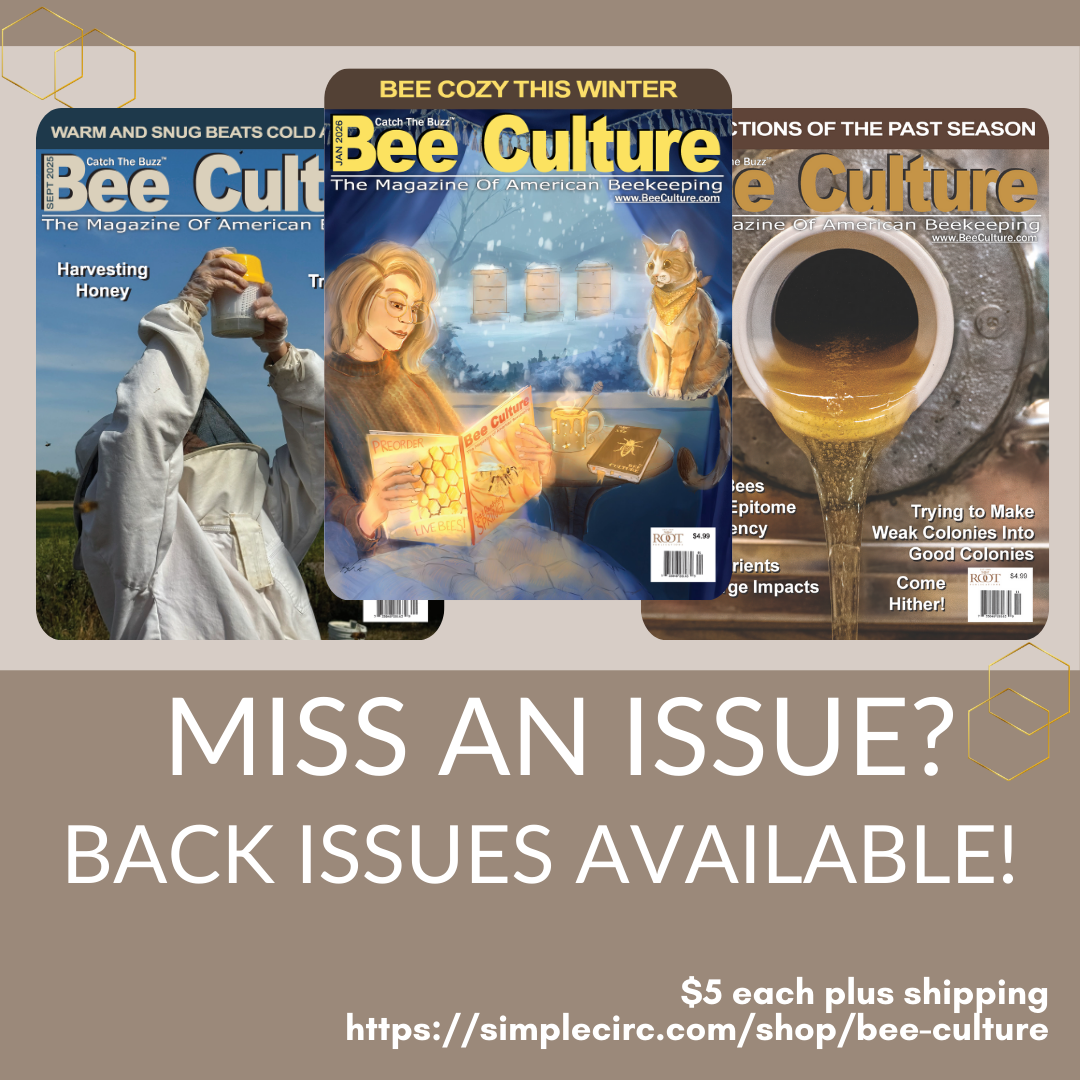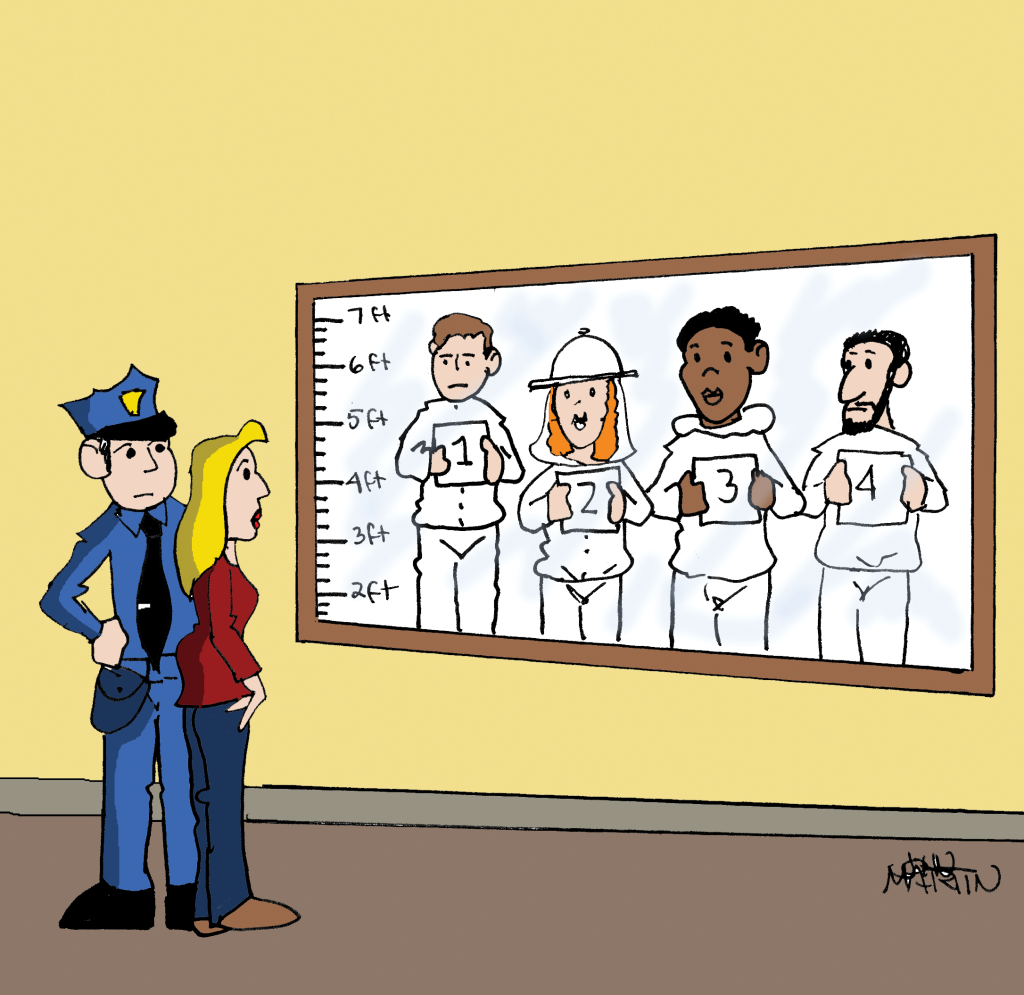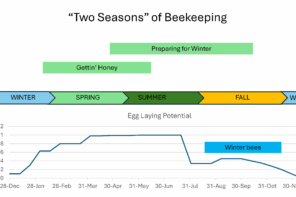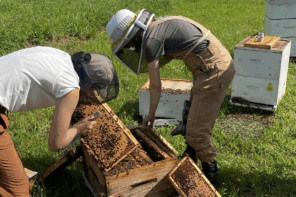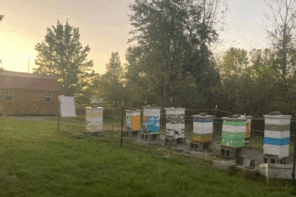By: Stephen Bishop
Some people could sell a sugar cube to an engorged honey bee in a honey bound hive—their salesmanship abilities are that good. Others of us struggle with selling, as evidenced by attempts to sell farm products over the years.
For instance, in eastern North Carolina where I grew up, collards were a big business. It seemed like every small town had a collard peddler who, before Thanksgiving and New Year’s, would park at a gas station with a truck bed overflowing with freshly cut collard heads. There, in the parking lot, the collard king would hold court, a big folded up wad of cash in his hand as he bestowed the honor of buying his freshly cut collards on his followers.
And followers he had. There would be a genuine traffic jam in the parking lot from people clamoring to fork over cash to the collard king. The collard king was more a traffic director than salesman, making sure those who wanted to buy expediently didn’t have to wade through the old timers who had high selective standards in greens, who examined each collard leaf as if they were at an old timey tobacco auction.
With those childhood memories guiding me, I aspired to be a collard king in western NC, in the foothills where I settled once I got married. I grew a quarter-acre collard patch, tended them with gentle loving care to maturity, then spent a Friday evening picking my first batch to take to the farmers’ market. Oddly, nobody was selling collards at the farmers’ market, so I thought this was my big break to establish a niche. In my mind, I was already imagining all the cash I would make from selling my greens, not to mention the fame and glory that would come from bringing my crop to the collard-deprived masses.
My farmers’ market table certainly had a simple grandeur about it—it was one giant mound of collard heads. The saying was, “pile it high and watch it fly,” meaning people are attracted to bountiful displays of produce and would thus buy my collards so fast they would fly off the table. But the only thing that flew, literally, were my collards; they parachuted down due to periodic wind gusts. When I returned home with a pickup full of collards to give away to neighbors, one neighbor said, “We never ate many collards growing up around here. Seems like most folks here ate cabbage.”
And that’s the problem with farming. You can grow the world’s most beautiful collards, but if you live in an area where cabbage is king, good luck.
As far as honey goes, the saying is it “sells itself.” In my experience, I’ve found that it does until it doesn’t. Eventually, you get to the point where you’ve exhausted the ability of all your friends, family and neighbors to consume and pay for honey and you’re left to peddle honey to complete strangers, which can cause considerable confusion, especially if the stranger drives a silver minivan and the honey drop-off spot is the parking lot of a Hobby Lobby.
It didn’t dawn on me at the time of the setup for this particular honey deal that Hobby Lobby likely has more customers who drive silver minivans than any other type and color of vehicle. I just drove up to the first silver minivan I saw parked toward the back, rolled down my window, and said, “Hi, are you here for honey?”
Needless to say, she was not here for honey, as the conversation turned quickly, really instantly, to the topic of pepper spray. Realizing my mistake, I felt terrified for both her and me. Thankfully, at that very moment, the stranger in the other silver minivan drove up and corroborated my story that I wasn’t propositioning women for “honey,” that there was no need to call the police, that I was indeed merely a lowly beekeeper trying to deliver honey and provide good customer service.
From that incident, I learned an important life lesson and have outsourced all my honey deals in the Hobby Lobby parking lot to my wife. She is a much better salesperson with the silver minivan demographic—or any really demographic, if I’m being honest.

